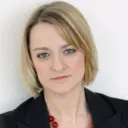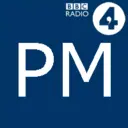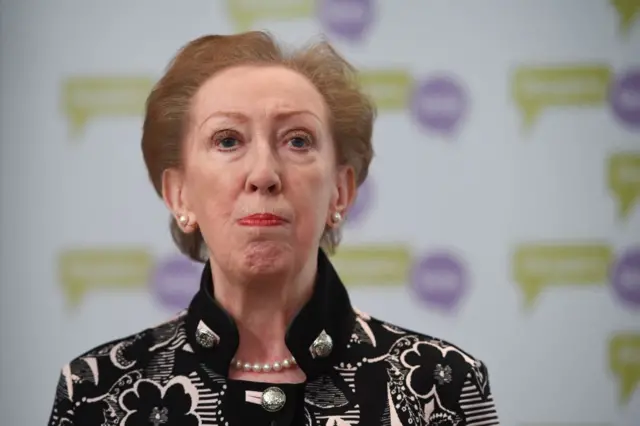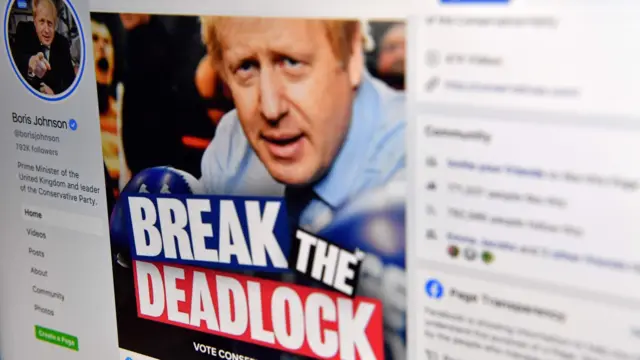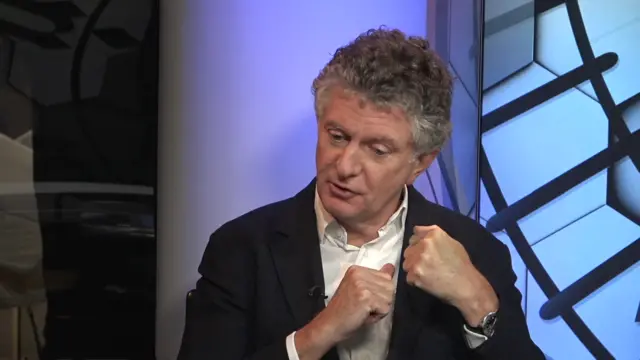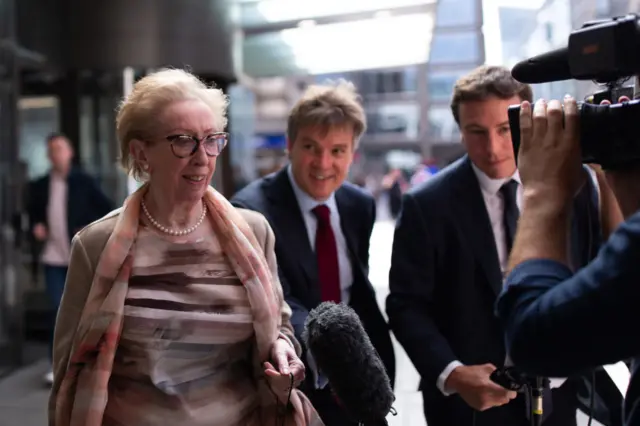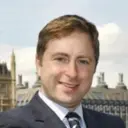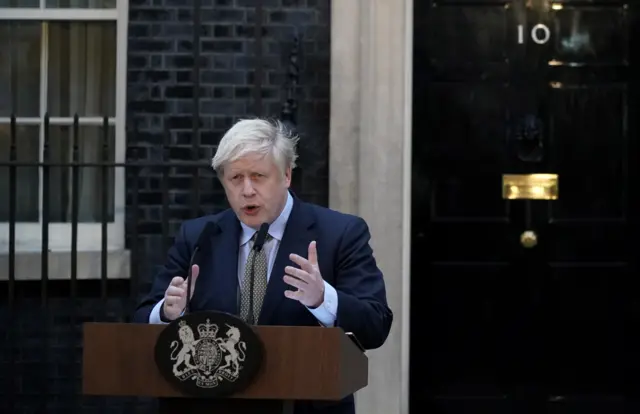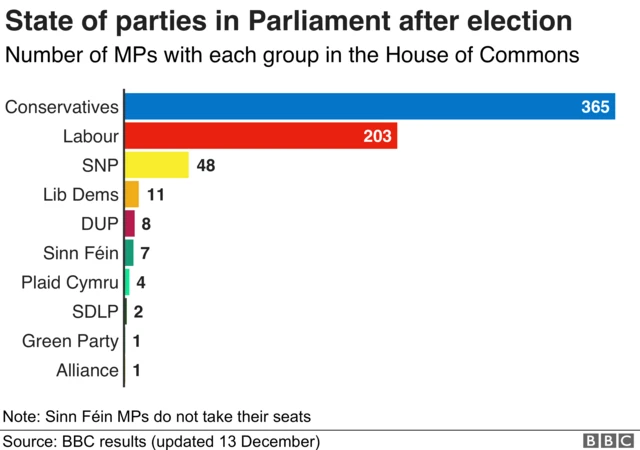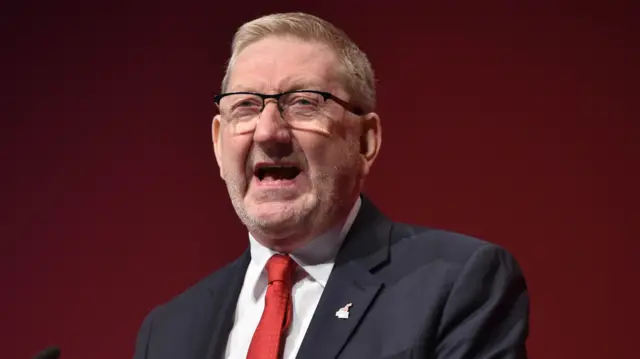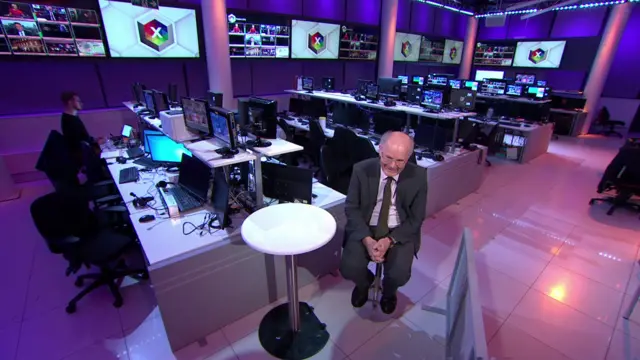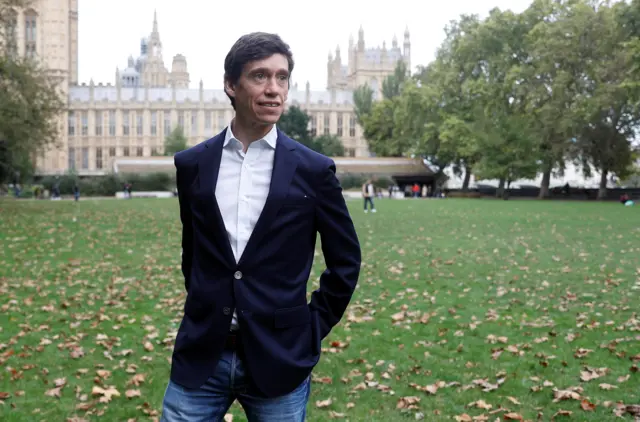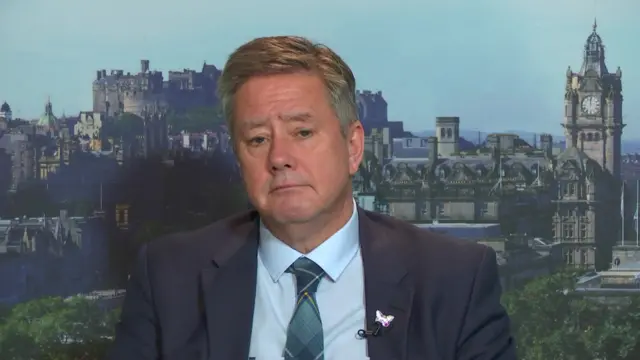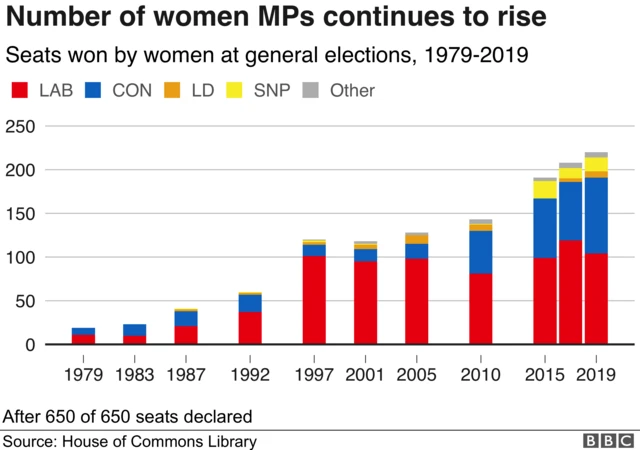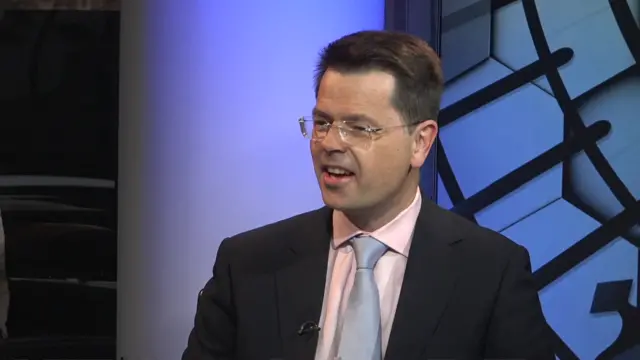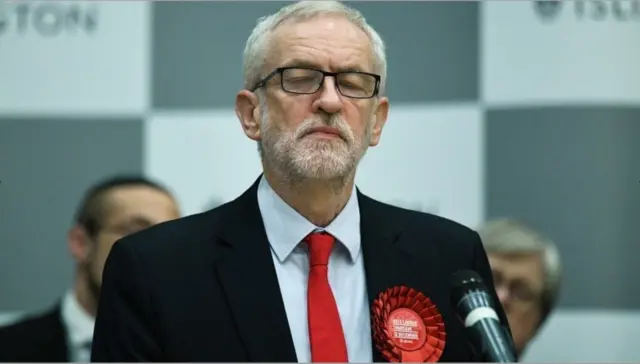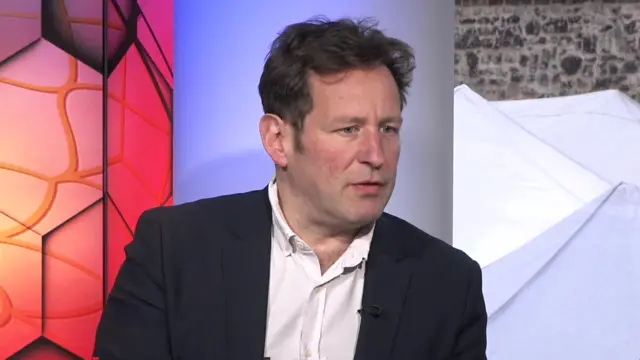'Big political clash coming' over Scotlandpublished at 18:57 GMT 13 December 2019
 Nick Eardley
Nick Eardley
Political correspondent
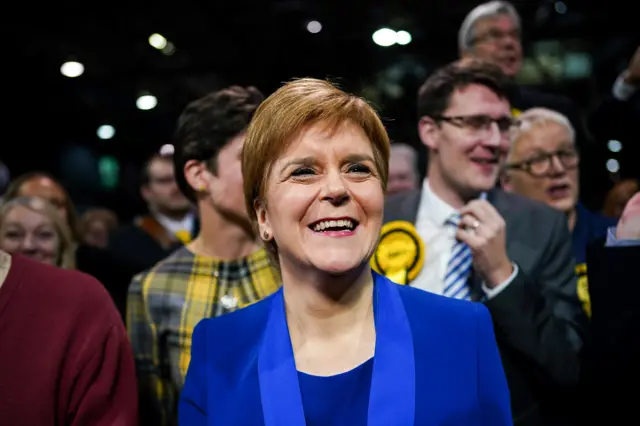 Image source, Getty Images
Image source, Getty ImagesWe’ve heard a lot today about how Boris Johnson has won the big fight over Brexit – and that the constitutional battle over whether we leave is coming to an end.
The Tories now have the majority they need to take the UK out of the EU next month.
But another big clash is coming – over the future of the UK itself.
The result in Scotland puts independence firmly back on the agenda and Nicola Sturgeon is getting ready to formally request powers which would allow another referendum to happen.
The SNP can now argue it has two mandates: the last Scottish election (where they said if Brexit happened against Scotland’s will the Scottish Parliament should be allow to call for another vote) and this general election.
But in a call with the Scottish first minister tonight, Boris Johnson has made it clear he will say no.
It sets up a big political clash in the coming months.
The Tories hope that by saying no they can get to the next Scottish election and deprive the SNP of majority support for indyref2 – but the SNP think London saying no will only increase support for their cause.
